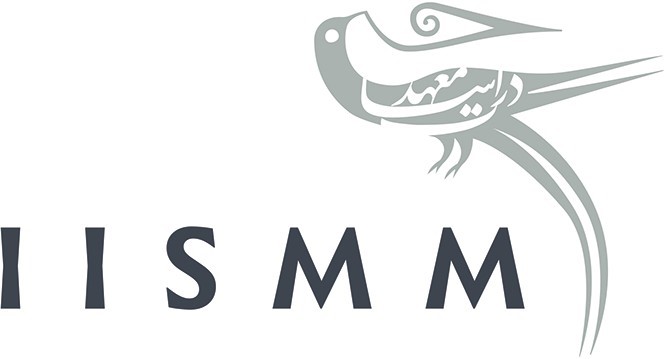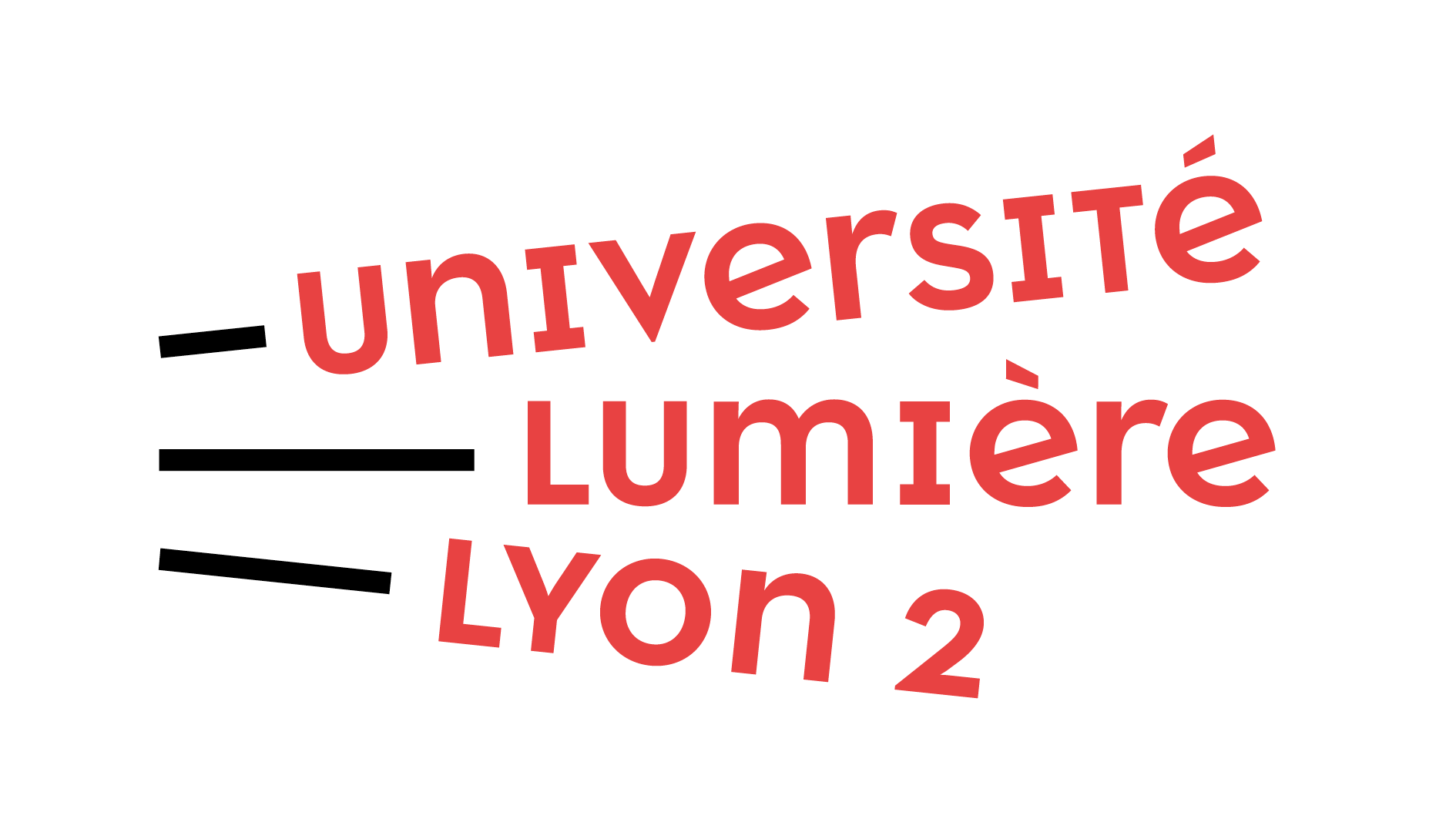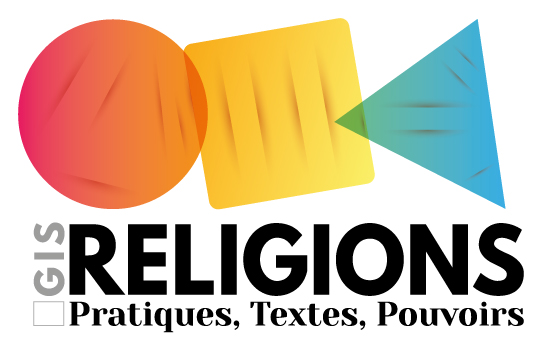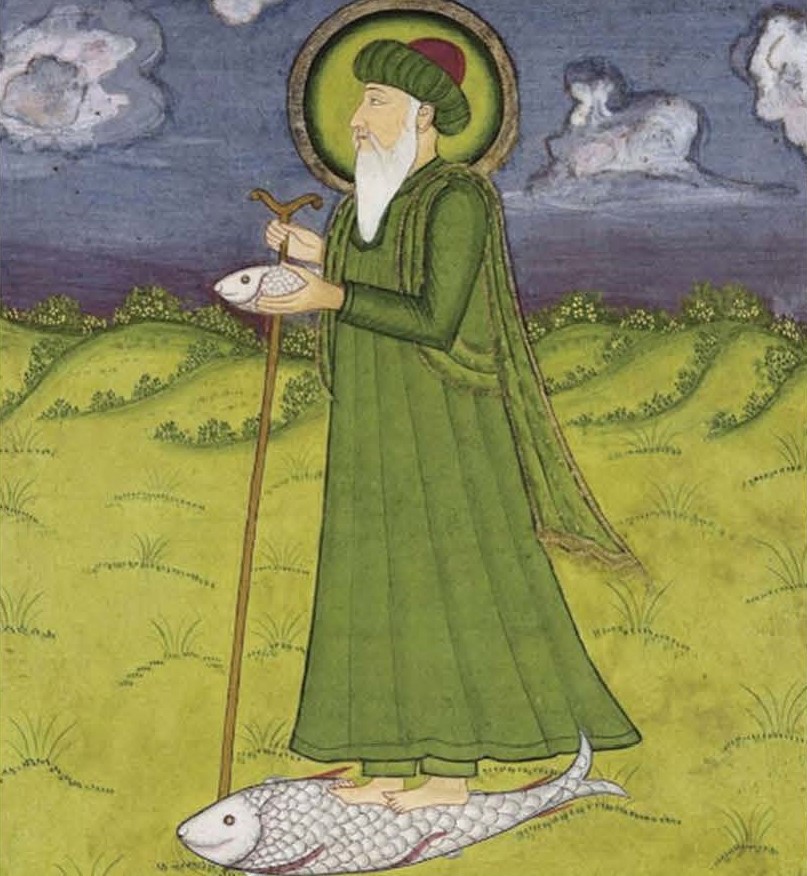



Post-doctoral researcher on the “European Qur’ān”
The Université de Nantes is hiring a post-doctoral researcher to join the project “The European Qur’ān: Islamic Scripture in European Culture and Religion (1150-1850)” (EuQu: see https://euqu.eu/ ).
This is an exciting opportunity for early career researchers to be involved in a highly visible, international collaborative research project that involves leading academic institutions in Europe and beyond. We offer outstanding work and research conditions, competitive salaries, funded travel opportunities, options for prolonged stays at partner universities and involvements in ventures at the forefront of cultural studies and digital humanities. The chosen candidate will conduct research under the supervision of leading scholars in the field of Christian-Muslim relations and have the opportunity to collaborate and exchange with colleagues from a wide range of disciplinary, institutional and personal backgrounds.
Project summary
“The European Qur’ān. Islamic Scripture in European Culture and Religion 1150-1850” (EuQu) is a six-year research project funded through a synergy grant from the European Research Council (ERC). Its four principal investigators (and host institutions) are Mercedes García-Arenal (Centro de Ciencias Humanas y Sociales, CSIC, Madrid, Spain), John Tolan (Université de Nantes), Jan Loop (University of Copenhagen) and Roberto Tottoli (Università di Napoli l’Orientale).
The project studies the ways in which the Islamic Holy Book is embedded in the intellectual, religious and cultural history of Medieval and Early Modern Christians, European Jews, freethinkers, atheists and European Muslims. We are conducting research on how the Qur’ān has been translated, interpreted, adapted and used in Christian Europe from the Middle Ages through the early modern period, in order to understand how the Muslim Holy Book has influenced both culture and religion in Europe. EuQu will look at the role of the Qur’ān in interactions with Islam, in debates between Christians of different beliefs and in critiques of Christianity during the Enlightenment.
The six-year project is producing interdisciplinary research through scientific meetings across Europe, a GIS- database of Qur’ān manuscripts, translations and other works in which the Qur’ān is discussed, and through PhD theses and monographs. It will bring the fruits of this research to non-academic audiences though a creative multimedia exhibition on the place of the Qur’ān in European cultural heritage.
Candidates should consult the description of the project available at https://euqu.eu/background/ and should familiarize themselves with the project website.
Qualifications
Applicants should have a PhD in a discipline in the humanities by the time of application, or at least strong assurance that they will obtain the PhD by August 2021. Candidates should be fluent in English and French and have strong skills in other languages appropriate to their research topics. Some knowledge of and experience in digital humanities (e.g., XML-TEI) is welcome.
Research profile
Each candidate should propose an original, innovative research project on an important aspect of the role played by the Qur’ān in Medieval and Early Modern European culture. The following is a list of possible broad themes, but in no ways should be seen as restrictive. All innovative research proposals are welcome, as long as they clearly fit the themes and structure of the EuQu project. We also welcome proposals that apply digital technologies such as mapping, textual analysis, visualization, or the semantic web to their topic. Candidates should clearly situate their proposed research in the context of the state of the art and should describe some of the sources they propose to work on.
- Synthetic comparison of translation strategies and ideologies of language study and translation between early modern polemical works
- Translations of the Qur’ān written before 1800 (in Latin and in various European vernaculars)
- Polemical responses to the Qur’ān
- The Qur’ān in European literature
- Pre-modern “orientalisms”: the Qur’ān in European scholarship
- European travel narratives and the Qur’ān
- The Qur’ān in European visual culture (illustrations in Qur’ān translations, visual representation of the Qur’ān, etc.)
- Colonial Expansion and the European Qur’ān
- The Qur’ān and European Legal and Political Thinking
- Translations of the Qur’ān and Digital Humanities
Candidates may also propose projects that involve contribution to our partner institution Qur’ān 12-21 (see https://quran12-21.org/en).
Responsibilities of the researcher
Each candidate will propose an innovative research project on some aspect of the place of the Qur’ān in European Culture between the twelfth and early nineteenth centuries. Depending on the specific research topic, responsibilities may include
- Bibliographical research:
- Identifying full and partial translations of the Qur’ān
- Identifying texts of diverse types that engage with the Qur’ān
- Identifying other material of interest to EuQu
- Database management:
- Writing and editing entries (in English) on manuscripts and printed editions of the Qur’ān (in Arabic or in translation)
- Writing and editing entries (in English) on other texts dealing with the Qur’ān
- Writing prosopographical entries on owners, editors and publishers of these manuscripts and books
- Identifying specialists in the field and inviting them to contribute to the database
- Contributions to the digital text archive Qur’ān 12-21 (https://quran12-21.org/en). This could involve parallelizing (i.e aligning the verses) of the first Spanish (1606), German (1616) or Dutch (1641) translations of the Qur’ān, or participating in the editing and parallelisation of Marracci’s Latin translation (1698).
- Participating in regular team meetings (including periodic seminars and workshops), at the EuQu partner institutions and in their organization
- Publication: each candidate will propose contributions to one or more of the collective volumes listed in the EuQu project description. S/he should also propose a monograph or article stemming from his or her own research.
Conditions of employment
The chosen researcher will be hired on a one-year renewable contract at the Université de Nantes for a total maximum of three years of employment. The date of the beginning of the contract will be negotiated on hiring: it will be no earlier than September 1st 2021. The researcher will be expected to reside in Nantes for the period of employment and will be provided with office space. The researcher will travel frequently for conferences, workshops and research stays with partner institutions in Europe.
Application procedures, Contact and information : see attachement

![]()

![]()








